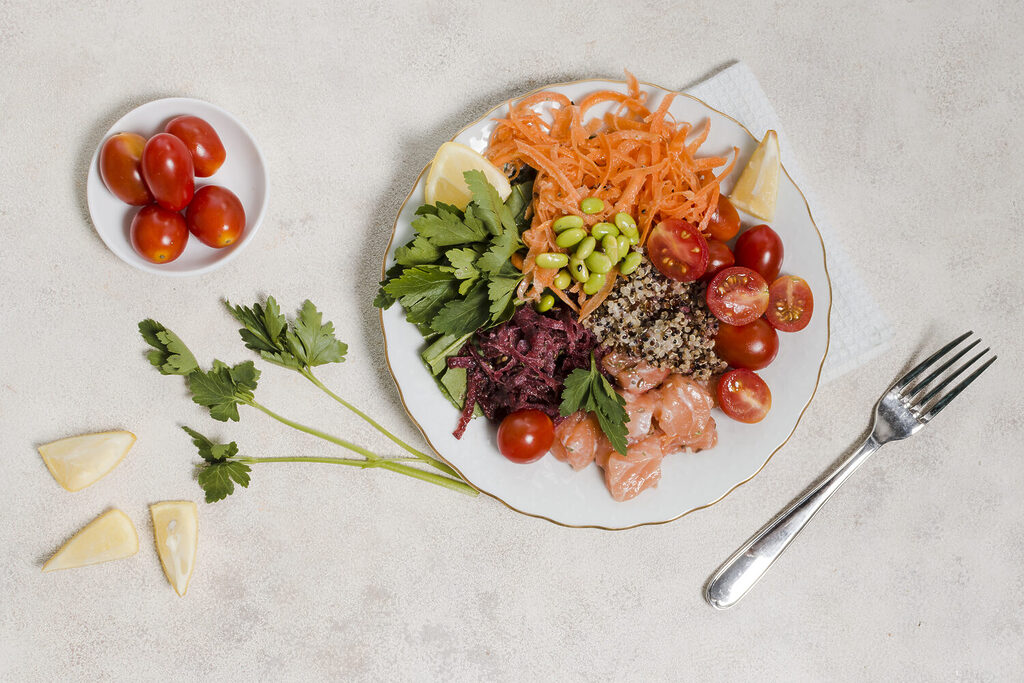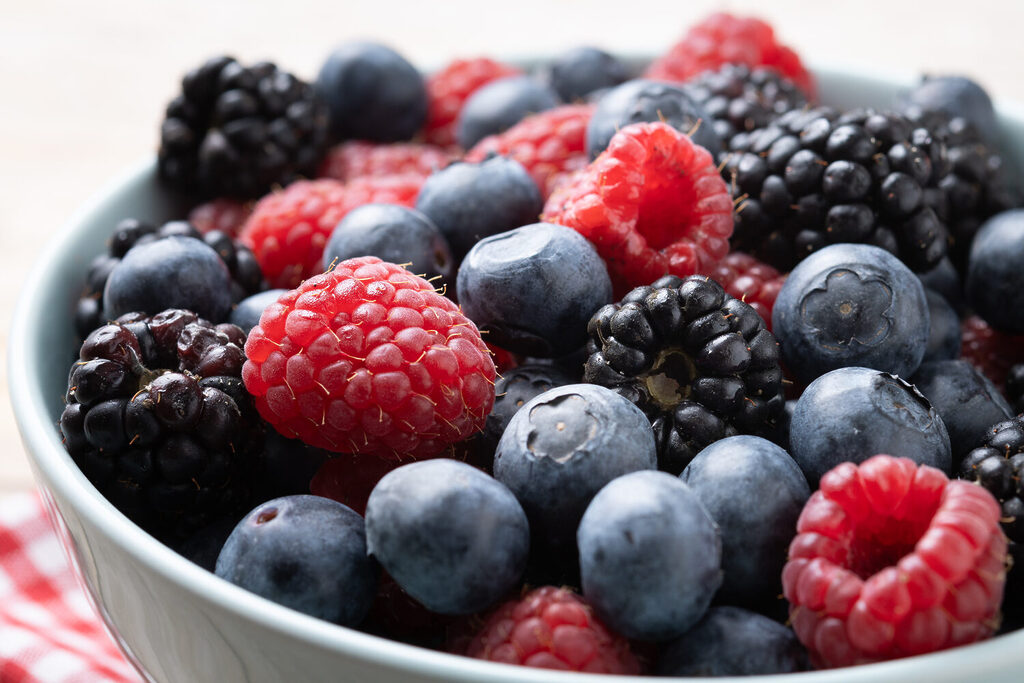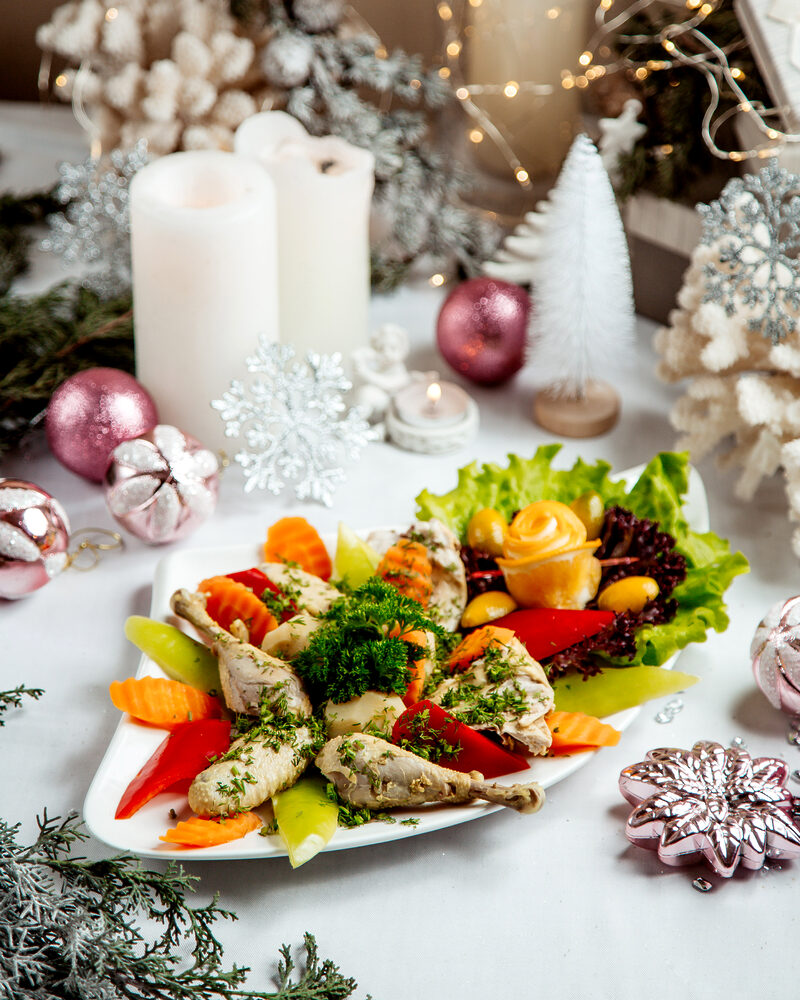Alcoholic beverages are often associated with festive moments! With Christmas just around the corner, let’s take advantage of drinking in moderation so we can enjoy the best of the season!
In everyday life, alcohol can be a way of relaxing, escaping from daily stress or even getting together. As the pace of life continues to accelerate, it’s understandable that a little glass of wine now and then can help us relax.
During these times some people may feel a form of social pressure and feel compelled to drink an extra glass of wine or beer. For example, during a festive meal including plenty of alcohol it happens that we might hear: “Join us in taking an extra glass of wine as we give a toast to everyone’s health” Indeed, it can sometimes be difficult to resist the many alcohol offerings.
By taking care of ourselves and others, it’s easier to respect our limits and goals, resulting in feeling good during and after the celebration.
Drinking in moderation and accompanied by several glasses of water, alcohol is generally better tolerated by our body. Doing this helps reduce the risk of dehydration, as well as having to deal with a hangover the next day which might include: headaches, dry mouth, nausea, sensitivity to light, irritability and difficulty concentrating. Phew, if you can avoid these “after-drinking” symptoms, all the better.
At the same time, it is also very important to remember that excessive consumption of wine, beer, cocktails and spirits can have serious long term health consequences. Among other things, alcohol consumption increases the risk of developing cancer of the head, neck, pharynx, larynx, oesophagus, breast, pancreas, liver and colorectal.
The latest research has shown that there is no such thing as a healthy amount of alcohol, regardless of the type bring consumed.
According to the Canadian Guidelines on Alcohol and Health, drinking less is better. Even in small quantities, alcohol has consequences. Here are the recommendations:
- No risk: 0 drinks per week
- Low risk: 1-2 standard drinks per week
- Moderate risk: 3 to 6 standard drinks a week
- Increasing risk: 7 or more standard drinks per week
When we talk about a standard glass, this means:
- A 12 oz (341 ml) bottle of beer or cider at 5% alcohol
- A 5 oz (142 ml) glass of wine at 12% alcohol
- A 1.5 oz (43 ml) glass of spirits at 40% alcohol
When we want to drink less alcohol, there are a few ways to make our non-alcoholic drink more fun. Here are a few tips:
- Add garnishes such as cranberries and rosemary to ice cubes in water.
- Freeze coconut water and berries to add to your favorite sparkling water.
- Infuse a cinnamon stick, star anise and lemon slices.
- Opt for a non-alcoholic sangria with basil and orange
- Or a non-alcoholic « café au lait », sprinkled with cinnamon, nutmeg or cocoa.
Whatever the occasion, a good glass of wine or a cocktail is often welcome at festive events. Let’s try to ensure that our choices contribute to our well-being and happiness. By preserving our personal balance, we can ensure that every occasion remains a source of pleasure and happy memories.
Wishing you a happy holiday season!
Cheers! Chin, chin! Skol! Santé!
Your nutritionists,
Johanne Vézina Nutritionist & Speaker



